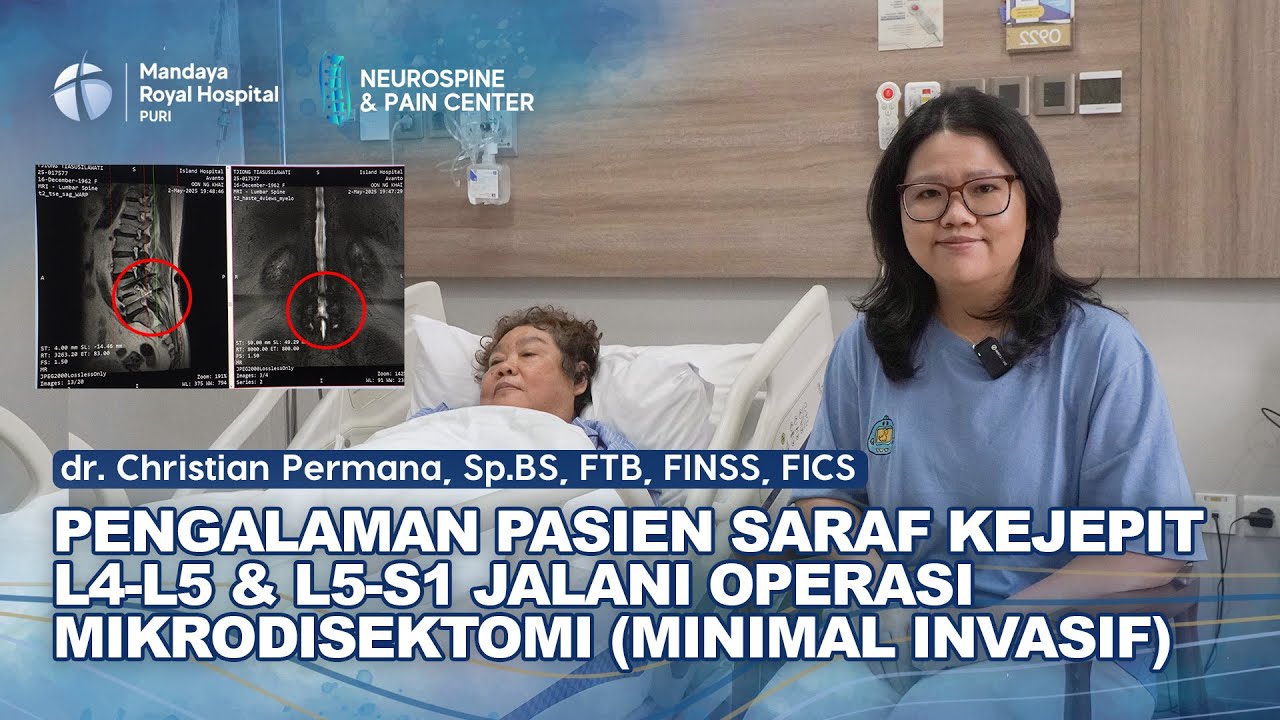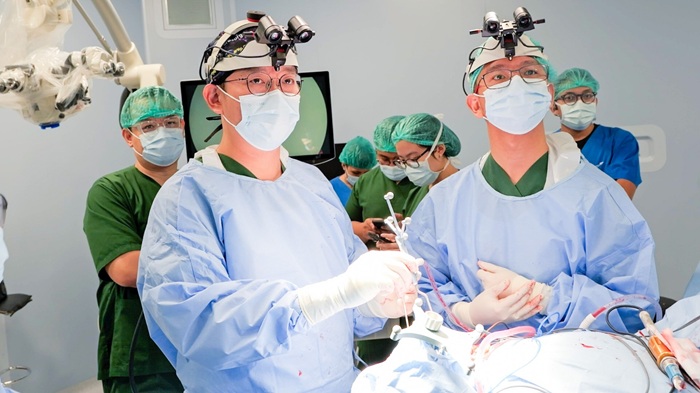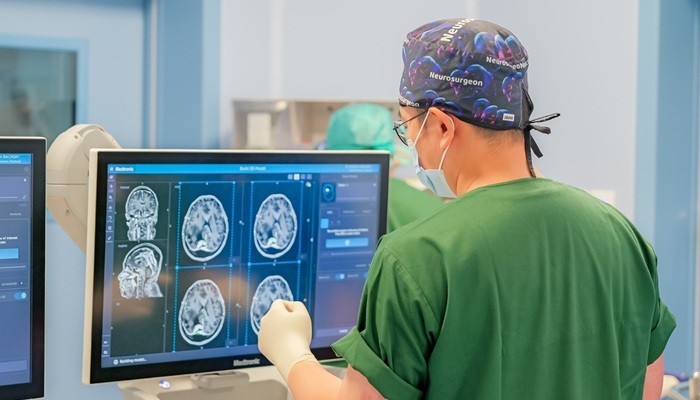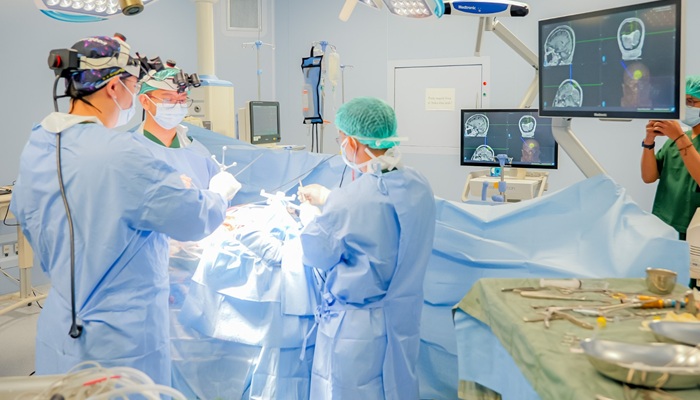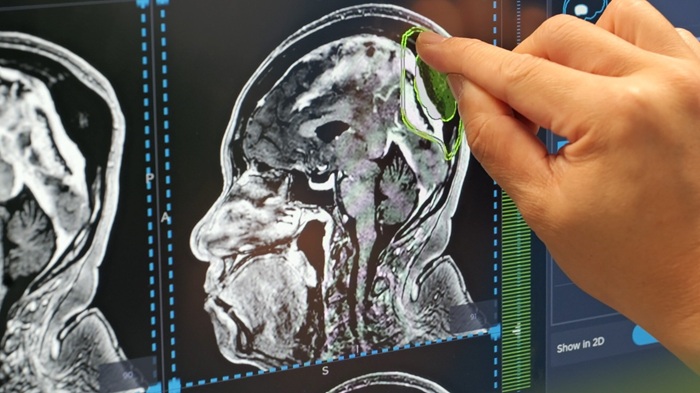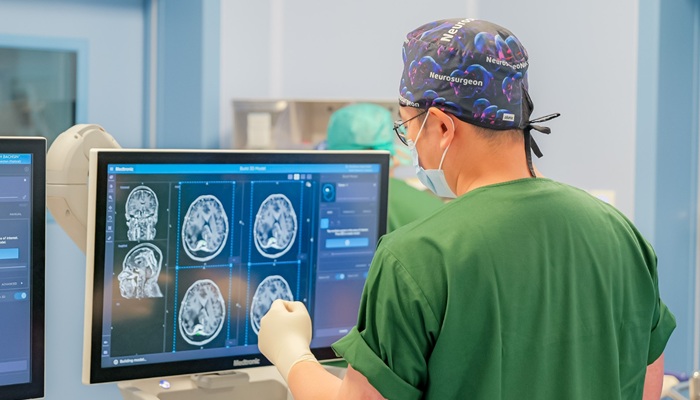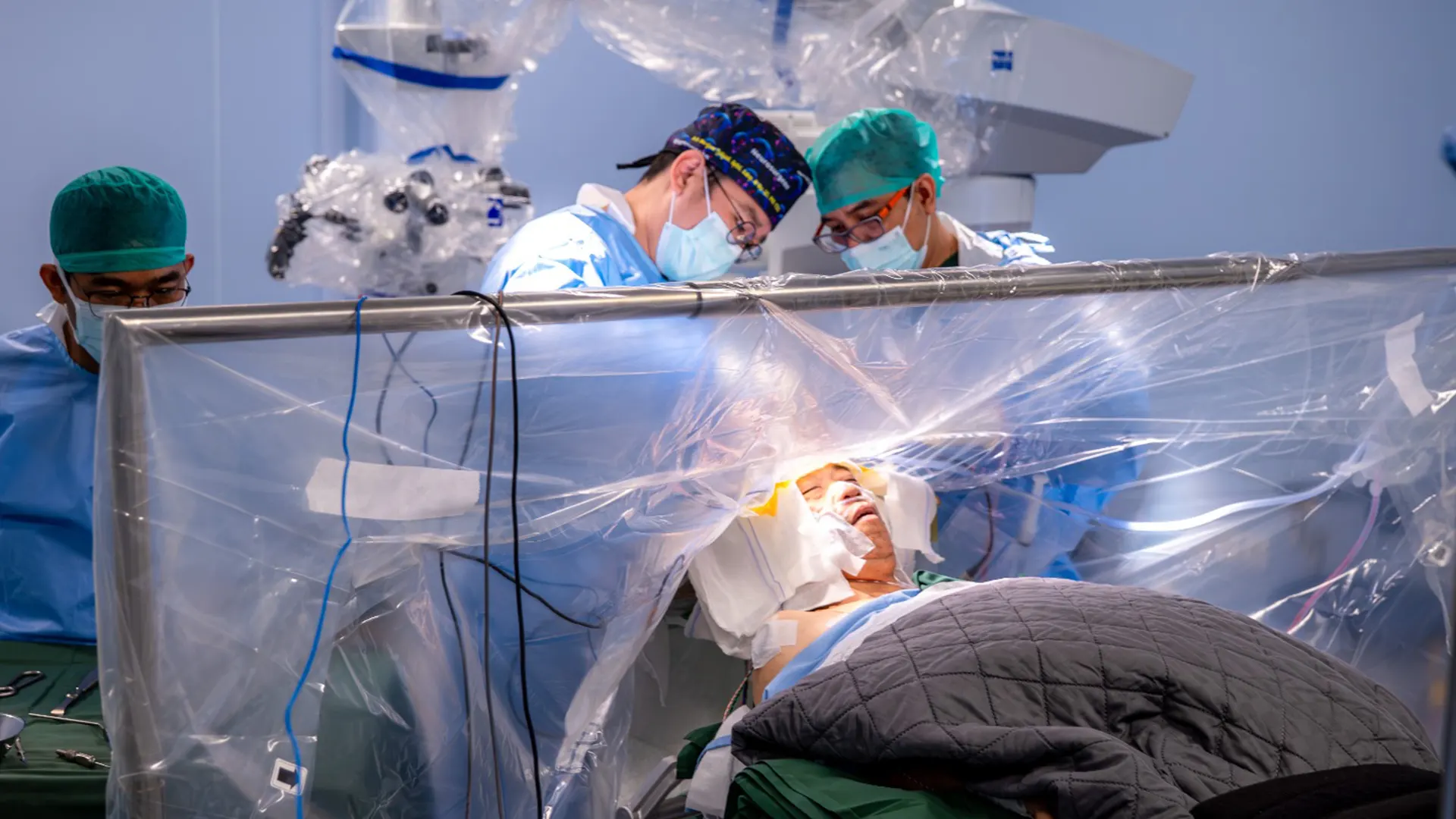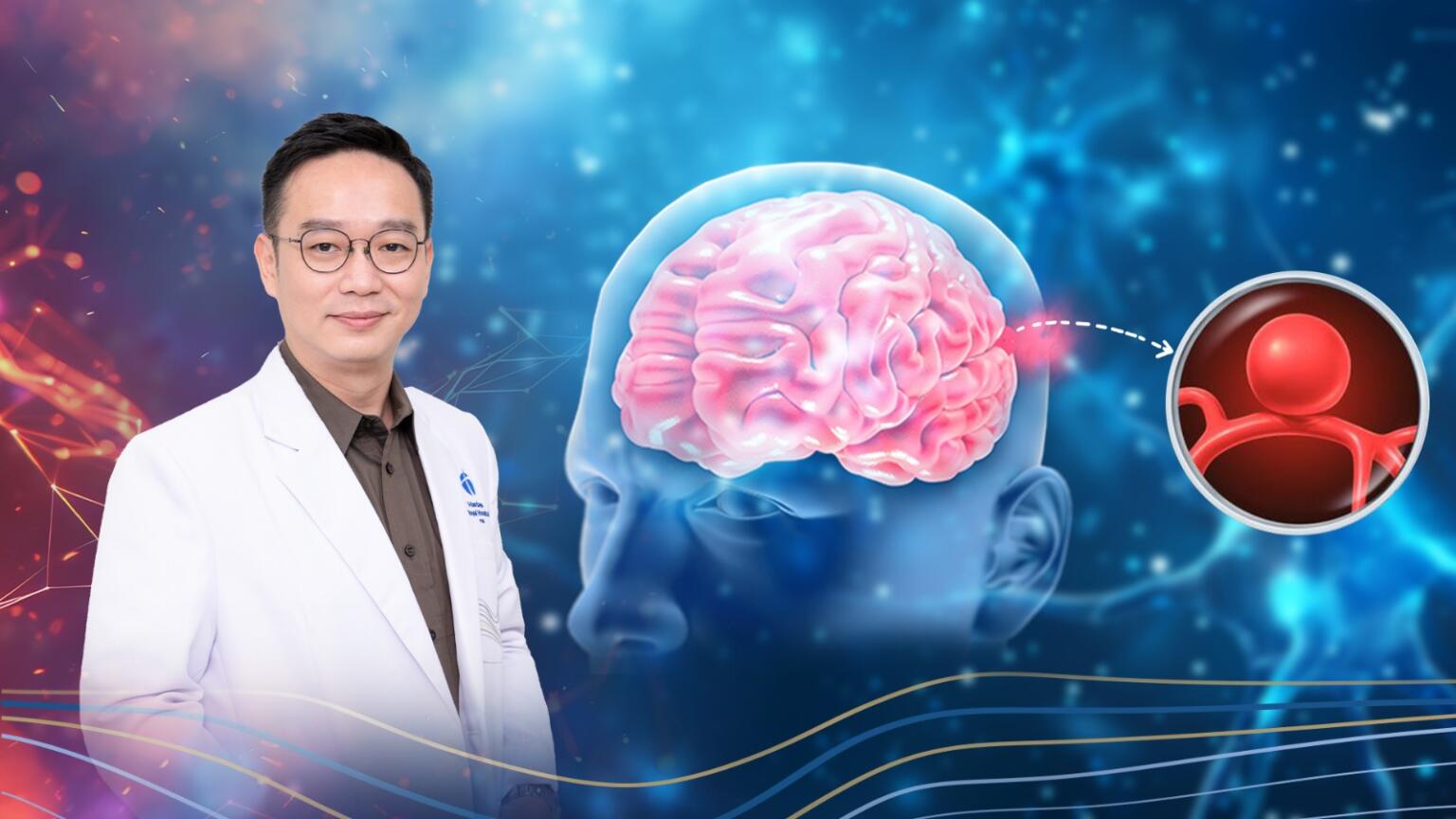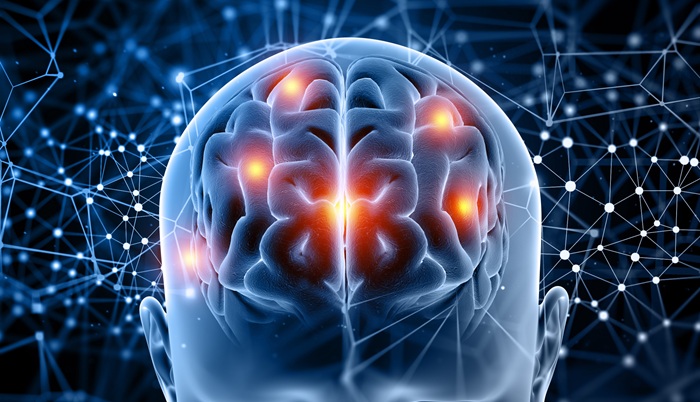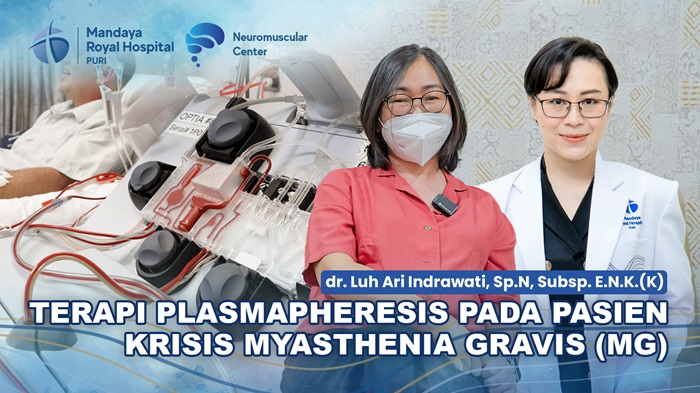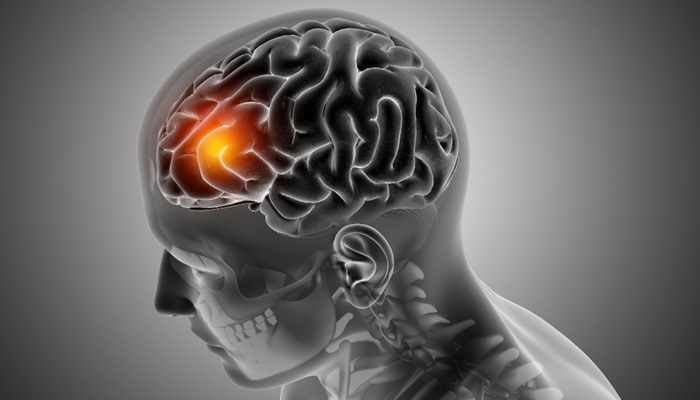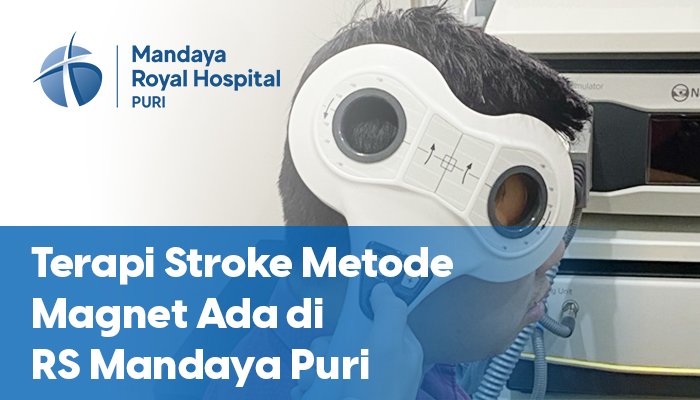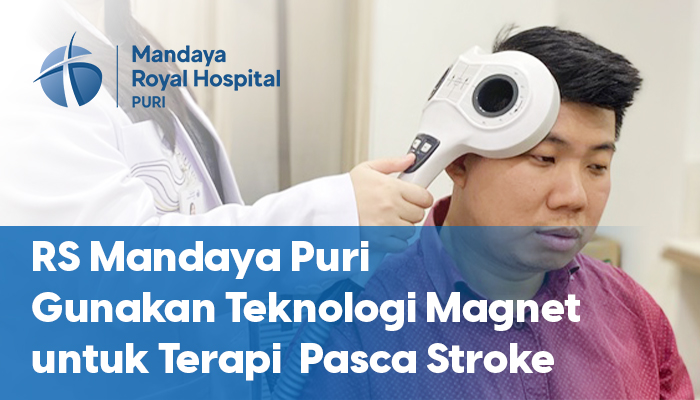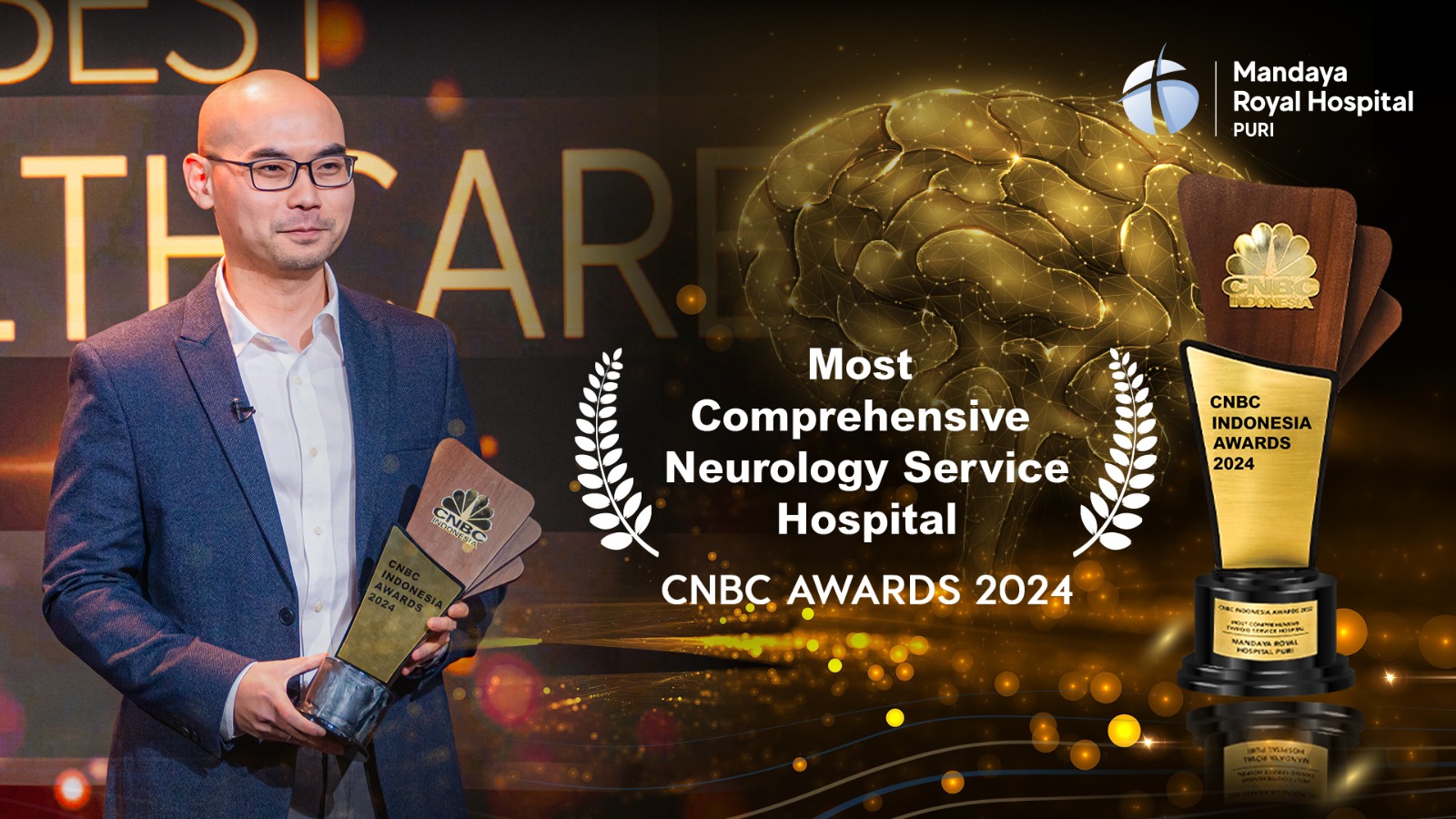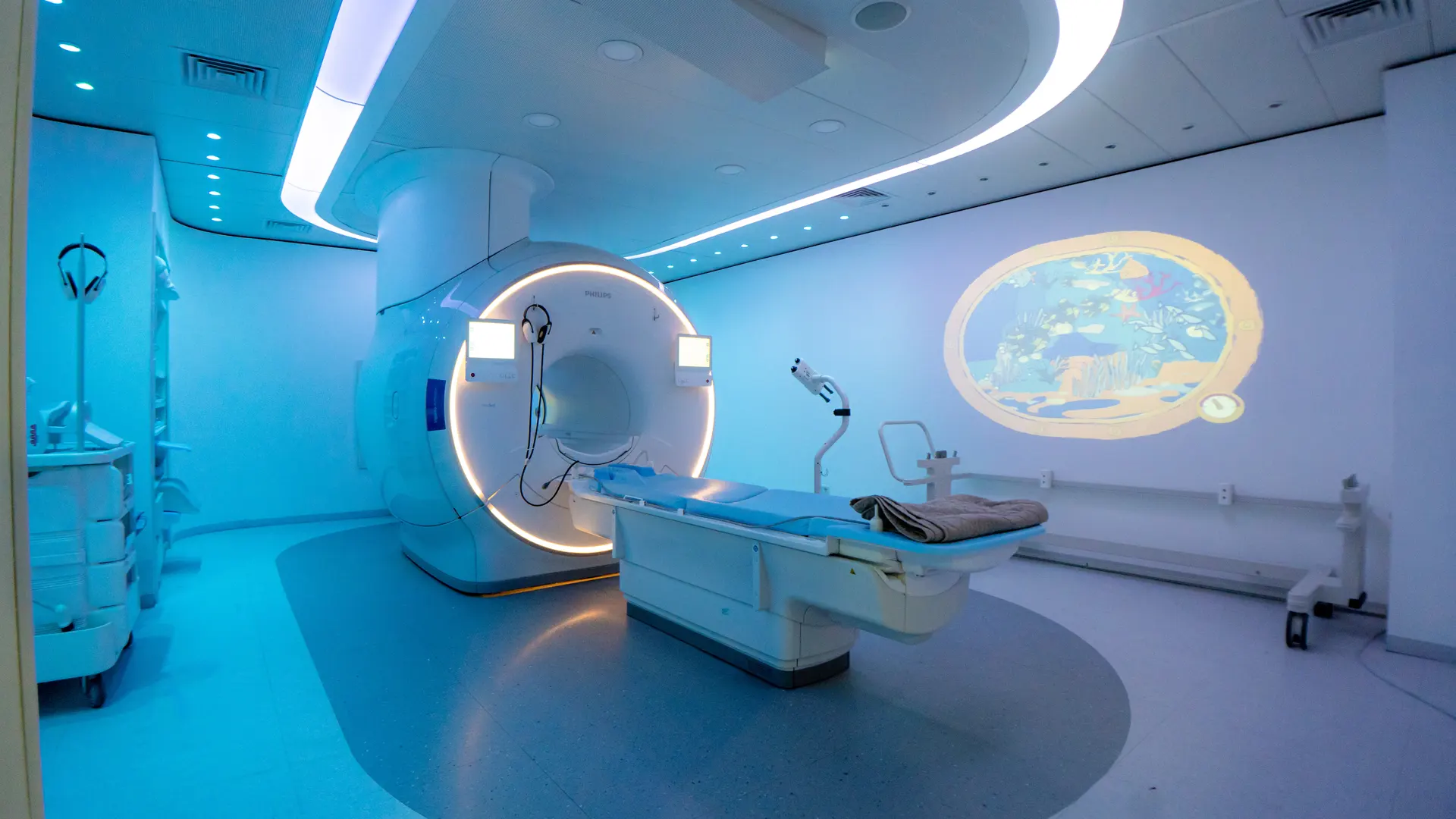Contents
What is a brain abscess?
A brain abscess is a swelling filled with pus inside the brain. This condition typically happens when bacteria or fungi enter the brain tissue after an infection or severe head injury.
When an infection reaches part of the brain, inflammation occurs as the body tries to fight it. Waste from the immune system fighting the infection (including dead cells, bacteria, or fungi) accumulates in an area of the brain. As a result, tissue can form around this collection of waste (pus) and create an abscess.
The abscess can swell and put pressure on the brain. This is a medical emergency and can be life-threatening if not treated.
Symptoms of a brain abscess
Symptoms of a brain abscess may include:
- Headache
- Cognitive changes (confusion, difficulty thinking, or processing information)
- Numbness, weakness, or paralysis in parts of the body
- Sensory changes
- Difficulty speaking and using language
- Vision changes
- Fever
- Seizures
- Nausea and vomiting
- Stiff neck
Symptoms may appear suddenly or develop over several days to weeks. If you experience any of the above symptoms, visit a hospital immediately.
Causes of a brain abscess
There are three main ways a brain abscess can develop:
-
Infection in another part of the skull, such as an ear infection, sinusitis, or a dental abscess, which can spread directly to the brain.
-
Infection in another part of the body, such as pneumonia, that spreads to the brain through the bloodstream.
-
Trauma, such as a head injury that causes a skull fracture, allowing bacteria or fungi to enter the brain.
Additionally, the following are some risk factors for developing a brain abscess:
- Having a condition that weakens the immune system
- Having cancer
- Having congenital heart disease
- Taking immunosuppressant drugs (such as corticosteroids or chemotherapy)
Diagnosing a brain abscess
Doctors will diagnose a brain abscess after a physical and neurological examination. These exams may indicate increased pressure inside the skull, causing the brain to malfunction.
To confirm the diagnosis, doctors may conduct several tests, such as:
- Blood tests
- Imaging tests (MRI and/or CT scan)
- Electroencephalogram (EEG)
- Needle biopsy to identify the cause and type of infection to help guide treatment
Treatment for brain abscess
A brain abscess is a medical emergency that requires immediate attention. Treatment includes:
- Medications
Doctors may prescribe antibiotics or antifungal medications to treat the abscess. Patients typically need to take antibiotics for at least 4–8 weeks. They may also need diuretics (water pills) to reduce fluid in the body, anti-seizure medications to manage seizures, or steroids to reduce swelling.
- Surgery
Doctors may perform surgery to open the skull and remove the abscess. A sample of the abscess fluid is sent to the lab to identify the cause. After surgery, patients will need to take antibiotics or antifungals as the lab identifies the infection source.
Doctors may also perform awake brain surgery, especially if the abscess is located in areas that control speech, movement, or vision. Additionally, Endoscopic Endonasal Transsphenoidal Surgery (EETS) may be recommended, which treats the brain abscess through the nose, without opening the skull.
- Needle aspiration
Imaging tests like MRI or CT scans help doctors locate the abscess. Using a needle, the doctor will drain the abscess and may inject medication directly to shrink it.
A brain abscess is not a condition to be taken lightly. If you experience any of the symptoms mentioned above, visit the hospital immediately for prompt treatment.
Have more questions about this condition or brain health in general? Feel free to visit Mandaya Royal Hospital Puri. Our hospital is equipped with modern medical technology and experienced specialist doctors.
Use our WhatsApp Chat, Book Appointment feature, or the Care Dokter app, available on Google Play and the App Store, to simplify your visit, check queue numbers, and get complete information.

























